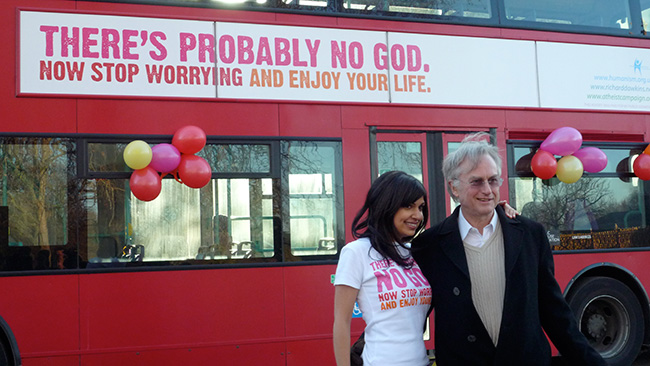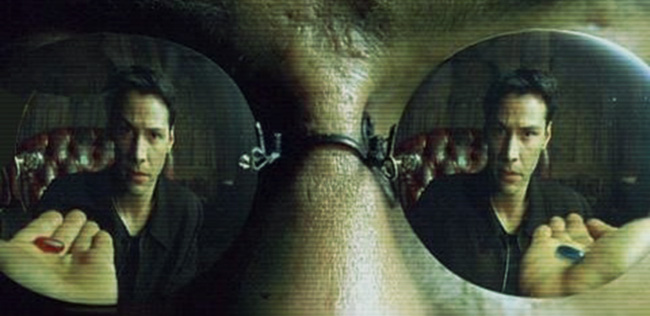I have always wondered why small-time traders, shopkeepers and auto drivers in Delhi seem obnoxiously crooked - to put it very mildly and in a PG13 sort of way. I was of course comparing them to the sort I deal with back in my native village called Bombay, where they may curse you in secret, but generally seem a jovial, helpful lot. I used to attribute it to severe brain damage caused by the seasonal expansion and shrinking of the brain, as it followed the laws of thermodynamics and Delhi's extreme climate, just like railway tracks do.
But then I ended up in Bangalore, and found to my surprise that even here there appears to be the same malady afflicting auto-wallas, puncture repair guys, and furniture salesmen. I have not yet dealt with too many people from other walks of life to add their professions to this dubious list, but that is beside the point. Bangalore has the best weather in the country, and hence, possibly in the world.
"So?", you might think. The problem is, without the brain damaging extreme weather hypothesis to explain the harami-ness away, I was at a loss as to why people would choose to behave like that. This led to much thought on my part, fueled by equal parts of intrigue and boredom. To find answers I started watching BBC documentary after documentary, searching for a clue.
After watching about 30 documentaries in no particular order, I happened to watch one titled "Nice Guys Finish First". It was aired in 1986, when it was still apparently OK to be gender-biased to the extent that we forget to talk about how nice girls would fare in a race. In the documentary Richard Dawkins "discusses selfishness and cooperation, arguing that evolution often favors co-operative behavior", to quote from Wikipedia.

Dawkins clearly knows how to make a very persuasive argument.
What the documentary extensively focuses on, in incredible, sleep-inducing, detail, is an experiment with people playing the classic Prisoner's Dilemma game. They used real money instead of just scores though, and the players got to keep their winnings. What was found is that most people tend to be rather obnoxious anyway, showing little trust for fellow humans and ratting them out consistently to earn more money in the game. That's because in the Prisoner's Dilemma game, you are safer being a douche than being a nice guy, simply because if you be nice and the other guy takes advantage of you, you end up losing more than if you had been less naive.
Aha! So that must be why the auto drivers (let's leave the others out for simplicity) in Delhi and Bangalore must be the fleecing-addicts they are - because it is safer to fleece than be fleeced, and because all humans are terrible people.
I had found the answer to the auto-walla problem and the reason for the existence of most religions in half a BBC documentary. But then you can't stop watching a documentary half-way through.
Soon I was introduced to more facts by Dawkins that made me think further on the topic at hand. It seems he ran a competition where people sent in computer programs that would compete to win the highest amount in a Prisoner's Dilemma deathmatch against other such programs. A precursor to confusing scenes involving people claiming they are computer programs from The Matrix? Perhaps. But for now the computer programs just played the game. What was found at the end of it all is that programs like Agent Smith and people like Cypher, henceforth referred to as not-nice guys, actually fared worse than nice guys like Neo and Keymaker (although the movie will trick you into thinking otherwise). That's because in Prisoner's Dilemma, if you and the other guy happen to trust each other for a moment, you both end up winning more together.

The ultimate Prisoner's Dilemma.
Of course it doesn't pay to be nice all the time, regardless of how people treat you, because then you will just end up getting used. So it turned out that the smartest thing to do is to follow a strict tit-for-tat approach, aping whatever other people do to you. If they show you the finger, do the same, and in case they love you for that the next time they meet you, forgive their fickleness and reciprocate with enthusiasm.
The tit-for-tat algorithm won the competition every time it was conducted. So maybe the auto-wallas always encountered a swine of a customer just before encountering me... so they were still in swine-mode themselves, and some lucky swine after me got to deal with an auto-walla still in nice-guy mode. But my quick statistical analysis showed that half the auto-wallas I came across should have been nice then. It was not so. That perhaps is because of a subtle twist in the tit-for-tat algorithm that auto-wallas and programs competing in such competitions around the world would do well to learn. If you start by being horrible, you tend to get locked into a chain of being-horrible-ness, as others will also not be nice to you ever (for valid reason), thereby forcing you to not be nice yourself - to protect your own interests. You have to start out as a nice guy to win the most in the end.
Watching the rest of the documentary also provided me another theory for why the auto guys in Bombay seem nice most of the time. It seems deep ocean fish are like Delhi auto drivers. When they see another fish, they eat them instead of saying Hello. The reason for this is that if you tend to have only one-off encounters with other people, being selfish is the best strategy for survival. Fish living near reefs tend to come across each other much more often, and for some reason don't eat each other as regularly, instead cooperating, and over time, evolving symbiotic relationships. So I reasoned that perhaps the wide open spaces of Delhi are responsible for the people there thinking they will never come in contact with the same individual again, so one may as well fleece them; whereas the congested conditions of Bombay meant running into the same customer was very likely, so it makes sense to be nice.

Bombay vs Delhi.
Just this once, I shall admit that Delhi will win.
But then why Bangalore? Bangalore is kind of small and congested too. And auto-wallas here are exceptionally lazy and tend to just park in large groups near housing complexes - thereby maximizing the likelihood of serving the same customer again. So why would they behave like their Delhi cousins who cruise the wide open spaces of the national capital looking for unsuspecting prey?
After considerable further research into evolution, economics, and general human behavior, I have finally come to my conclusion - which is what prompted me to write this article.
The wide open spaces exist in their heads.
